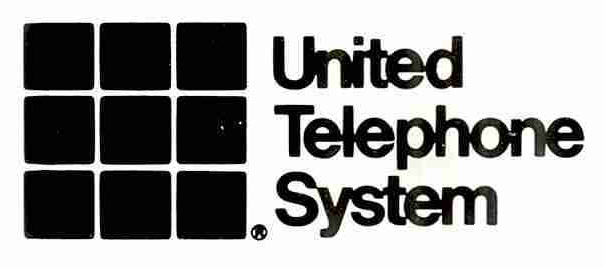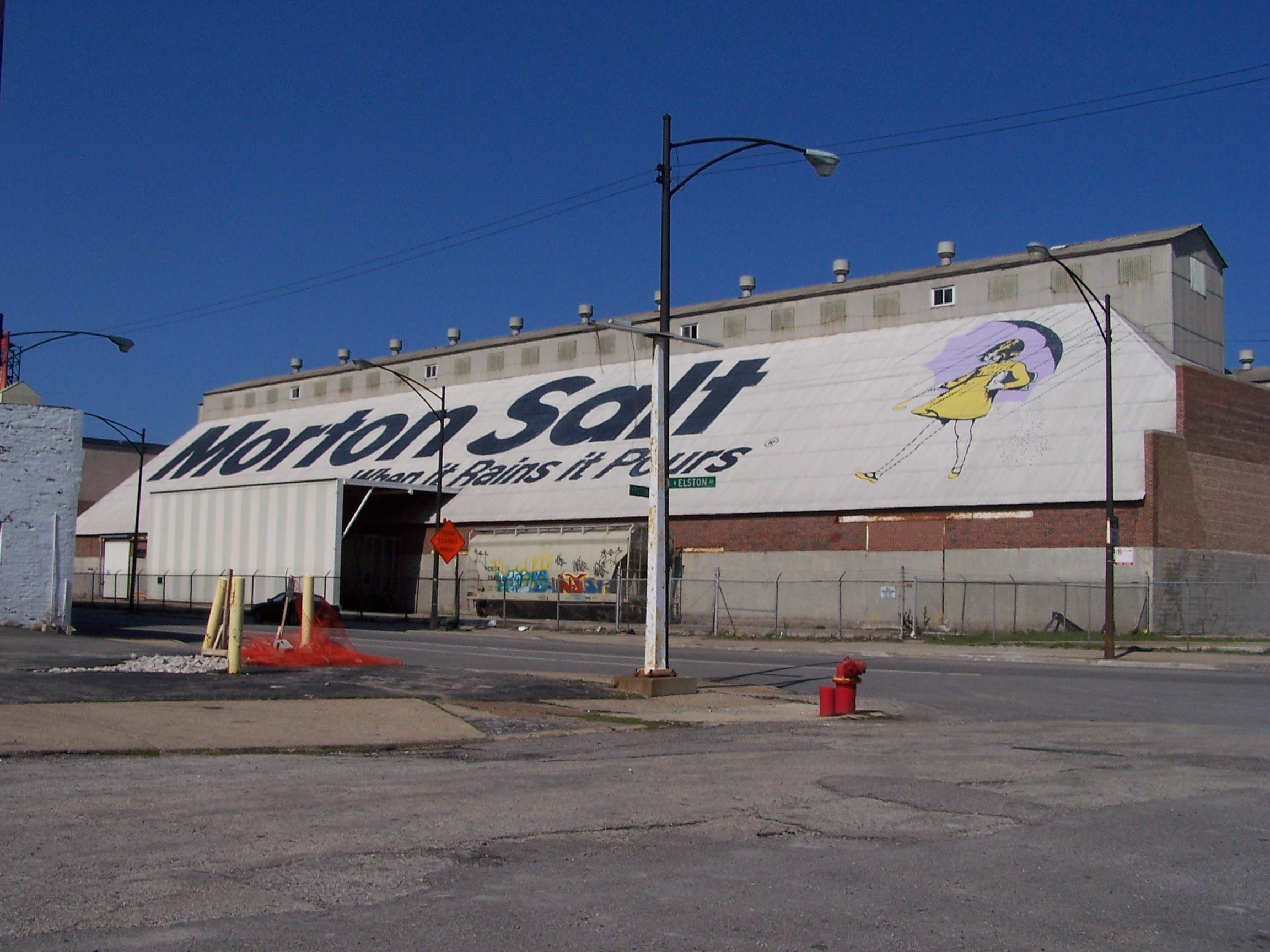|
Pillsbury Doughboy
Poppin' Fresh, more widely known as the Pillsbury Doughboy, is an advertising mascot for the Pillsbury Company, appearing in many of their commercials. Many commercials from 1965 until 2005 (together with some for GEICO between 2009 and 2017) ended with a human finger poking the Doughboy's belly. The Doughboy responds by giggling when his belly is poked. (''Hoo-Hoo''!, or earlier on, a slight giggle "tee hee"). History The Pillsbury Doughboy was created by Rudolph 'Rudy' Perz, a copywriter for Pillsbury's longtime advertising agency Leo Burnett. Perz was sitting in his kitchen in the spring of 1965, under pressure to create an advertising campaign for the Pillsbury's refrigerated dough product line (biscuits, dinner rolls, sweet rolls, and cookies). His copywriter, Carol H. Williams, imagined a living doughboy popping out of a Pillsbury refrigerated dough can and wrote the campaign, "Say Hello to Poppin' Fresh Dough". Williams was inducted into the American Advertising Federa ... [...More Info...] [...Related Items...] OR: [Wikipedia] [Google] [Baidu] |
Paul Frees
Solomon Hersh "Paul" Frees (June 22, 1920November 2, 1986) was an American actor, comedian, impressionist, and vaudevillian. He is known for his work on Metro-Goldwyn-Mayer, Walter Lantz, Rankin/Bass, and Walt Disney theatrical cartoons during the Golden Age of Animation and for providing the voice of Boris Badenov in ''The Rocky and Bullwinkle Show''. Voice actor Mel Blanc said Frees was known as "The Man of a Thousand Voices", though the appellation was bestowed on Blanc himself. Early life Solomon Hersh Frees was born to a Jewish family in Chicago, Illinois, on June 22, 1920. He grew up in the Albany Park neighborhood and attended Von Steuben Junior High School. He had an unusually wide four-octave voice range that enabled him to voice a scale from the thundering ''basso profundo'' of the unseen "Ghost Host" in the Haunted Mansion attraction at Disneyland in California and at Walt Disney World in Florida to the voice of the farmer who educates the Little Green Sprout (voic ... [...More Info...] [...Related Items...] OR: [Wikipedia] [Google] [Baidu] |
Pacific Data Images
Pacific Data Images (PDI) was an American computer animation production company based in Redwood City, California, that was bought by DreamWorks SKG in 2000. It was renamed PDI/DreamWorks and was owned by DreamWorks Animation. Founded in 1980 by Carl Rosendahl, PDI was one of the pioneers of computer animation. It produced over 700 commercials, contributed visual effects to more than 70 feature films, and produced and contributed to many of DreamWorks Animation's films, beginning with DreamWorks' first animated film ''Antz'' (1998). PDI's final animated film before its closure on January 22, 2015 was ''Penguins of Madagascar'' (2014). History 1980–1987: Early years PDI was founded in 1980 by Carl Rosendahl with a loan of $25,000 from his father. He was joined in 1981 by Richard Chuang and in 1982 by Glenn Entis. Richard and Glenn wrote the foundation of the in-house computer animation software that was to be used for the next two decades. They started work on 3D softwar ... [...More Info...] [...Related Items...] OR: [Wikipedia] [Google] [Baidu] |
Salt Lake City Weekly
''Salt Lake City Weekly'' (usually shortened to ''City Weekly'') is a free alternative weekly tabloid-paged newspaper published in Salt Lake City, Utah. It began as ''Private Eye''. ''City Weekly'' is published and dated for every Thursday by Copperfield Publishing Inc. of which John Saltas is majority owner and president. History John Saltas founded what would become ''Salt Lake City Weekly'' in June 1984. He called his monthly publication ''Private Eye'' because it contained news and promotions for bars and dance clubs, which due to Utah State liquor laws were all private clubs. Saltas originally mailed the ''Private Eye'' as a newsletter to private club members. State law forbade private clubs from advertising at the time, so Saltas' newsletter was the only way for clubs to provide promotional information. In 1988 ''Private Eye'' became a bi-weekly newspaper although it was available mostly in clubs. Distribution of the paper broadened as new liquor rule interpretations at t ... [...More Info...] [...Related Items...] OR: [Wikipedia] [Google] [Baidu] |
Chicago Tribune
The ''Chicago Tribune'' is a daily newspaper based in Chicago, Illinois, United States, owned by Tribune Publishing. Founded in 1847, and formerly self-styled as the "World's Greatest Newspaper" (a slogan for which WGN radio and television are named), it remains the most-read daily newspaper in the Chicago metropolitan area and the Great Lakes region. It had the sixth-highest circulation for American newspapers in 2017. In the 1850s, under Joseph Medill, the ''Chicago Tribune'' became closely associated with the Illinois politician Abraham Lincoln, and the Republican Party's progressive wing. In the 20th century under Medill's grandson, Robert R. McCormick, it achieved a reputation as a crusading paper with a decidedly more American-conservative anti-New Deal outlook, and its writing reached other markets through family and corporate relationships at the ''New York Daily News'' and the ''Washington Times-Herald.'' The 1960s saw its corporate parent owner, Tribune Company, rea ... [...More Info...] [...Related Items...] OR: [Wikipedia] [Google] [Baidu] |
The Puppetoon Movie
''The Puppetoon Movie'' is a 1987 animated film written, produced, and directed by Arnold Leibovit. It is based on the Puppetoons characters created by George Pal in the 1930s and 1940s which feature the eponymous Puppetoon animation, and features Gumby, Pokey (Gumby character), Pokey and Arnie the Dinosaur, who host the framing story. Its framing story stars the voices of Dick Beals, Art Clokey, Paul Frees and Dallas McKennon as the main characters. The original 1987 release of ''The Puppetoon Movie'' contained 11 Puppetoons. The 2000 DVD release included 9 additional Puppetoons and the 2013 Blu-ray release added 7 more. In 2020, ''The Puppetoon Movie Volume 2'' was released on Blu-ray and DVD, featuring 17 shorts not included on any of the ''Puppetoon Movie'' releases and ''The Ship of the Ether''. Plot The film opens on a film set, where Gumby and his friends are filming a dinosaur movie. A ferocious Tyrannosaurus rex named Arnie charges on set and is about to devour a young ... [...More Info...] [...Related Items...] OR: [Wikipedia] [Google] [Baidu] |
Sprint Corporation
Sprint Corporation was an American telecommunications company. Before it Merger of Sprint Corporation and T-Mobile US, merged with T-Mobile US on April 1, 2020, it was the fourth-largest mobile network operator in the United States, serving 54.3 million customers as of June 30, 2019. The company also offered wireless voice, messaging, and broadband services through its various subsidiaries under the Boost Mobile (United States), Boost Mobile and Open Mobile brands and wholesale access to its wireless networks to mobile virtual network operators. In July 2013, a majority of the company was purchased by the Japanese telecommunications company SoftBank Group. Sprint used CDMA2000, CDMA, Evolution-Data Optimized, EvDO and LTE (telecommunication), 4G LTE networks, and formerly operated iDEN, WiMAX, and 5G NR networks. Sprint was incorporated in Kansas. Sprint traced its origins to the Brown Telephone Company, which was founded in 1899 to bring telephone service to the rural area arou ... [...More Info...] [...Related Items...] OR: [Wikipedia] [Google] [Baidu] |
Got Milk?
Got Milk? (stylized as got milk?) is an American advertising campaign encouraging the consumption of milk and dairy products. Created by the advertising agency Goodby Silverstein & Partners for the California Milk Processor Board in 1993, it was later licensed for use by milk processors and dairy farmers. Got Milk? launched in 1993 with the "Aaron Burr" television commercial, directed by Michael Bay. The national campaign, run by MilkPEP (Milk Processor Education Program) added the "got milk?" logo to its "Milk Mustache" ads beginning in 1995. In January 2014, MilkPEP discontinued its Milk Mustache and "got milk?" advertisements, and launched a new campaign with the tagline "Milk Life". The "got milk?" campaign continues in California and the "got milk?" trademark is being licensed to food and merchandise companies for U.S. and international sales. The campaign has led to increased milk sales in California, although not nationwide. History The initial Got Milk? phrase was cre ... [...More Info...] [...Related Items...] OR: [Wikipedia] [Google] [Baidu] |
General Mills Monster-themed Breakfast Cereals
The monster cereals are a line of breakfast cereals produced by General Mills Corporation in North America. The line was introduced in 1971 and, at various times, has included five brands, each featuring a cartoon version of a classic movie monster: Count Chocula, Franken Berry, and Boo Berry (all produced seasonally from September 1 to October 31), as well as Frute Brute and Fruity Yummy Mummy (both discontinued, except for limited productions). History In March 1971, the first two cereals in the line were introduced, the chocolate-flavored Count Chocula and the strawberry-flavored Franken Berry. In the commercials, the two monsters, Count Alfred Chocula and Franken Berry, would engage in comic bickering over which cereal was better, when something or someone else (usually Boo Berry) interfered in their verbal sparring and scared them out of their wits. In February 1972, Franken Berry cereal included an indigestible pigment that turned some children's feces pink, a sympt ... [...More Info...] [...Related Items...] OR: [Wikipedia] [Google] [Baidu] |
Charlie The Tuna
Charlie the Tuna is the cartoon mascot and spokes-tuna for the StarKist brand. He was created in 1961 by Tom Rogers of the Leo Burnett Agency. StarKist Tuna is owned by Dongwon Industries, a South Korea-based conglomerate. Charlie is one of the most recognized characters in American advertising. History Creation Charlie the Tuna was based on Tom Rogers' friend Henry Nemo. Nemo is known as the "creator of jive", which resembles the loose-lipped slang used by Charlie the Tuna. Campaign The advertisements depicted Charlie (voiced by actor Herschel Bernardi) as a Beatnik wearing a beret and thick glasses who believes that his hip, cultured "good taste" make him a perfect catch for StarKist. But he is always rejected. Announcer Danny Dark explains to him "Sorry, Charlie!" Some advertisements ended with Charlie encouraging viewers to "Tell 'em, Charlie sent you". These commercials were animated by DePatie-Freleng Enterprises. "Sorry, Charlie" became a popular American catchphrase ... [...More Info...] [...Related Items...] OR: [Wikipedia] [Google] [Baidu] |
Vlasic Pickles
Vlasic is an American brand of pickles that is currently owned by Conagra Brands. Since its introduction in 1942, it has become one of the most popular pickle brands in the United States. History Franjo "Frank" Vlašić (a Bosnian Croat) emigrated from Livno, Bosnia and Herzegovina to Detroit, Michigan in 1912 and started a small creamery with savings from his factory job. His son Joseph acquired a milk route in 1922, which eventually grew into the state's largest dairy distributor.Uyterhoeven, Hugo E. R. (1973). ''Strategy and organization: Text and cases in general management.'' R. D. Irwin, In 1937, Vlasic was approached to distribute a home-style pickle, later marketing their fresh-packed pickle in glass jars. Its first plant was built in Imlay City, Michigan. The business rapidly expanded in the post-war years, corresponding with growth in per capita pickle consumption. A child-bearing stork was introduced as a mascot in 1974, merging the stork baby mythology with the no ... [...More Info...] [...Related Items...] OR: [Wikipedia] [Google] [Baidu] |
Morton Salt
Morton Salt is an American food company producing salt for food, water conditioning, industrial, agricultural, and road/highway use. Based in Chicago, the business is North America's leading producer and marketer of salt. It is a subsidiary of holding company Stone Canyon Industries Holdings, Inc. History The company began in Chicago, Illinois, in 1848 as a small sales agency, Richmond & Company, started by Alonzo Richmond as agents for Onondaga salt companies to sell their salt to the Midwest. In 1910, the business, which had by that time become both a manufacturer and a merchant of salt, was incorporated as the Morton Salt Company. In 1889, it was renamed after the owner, Joy Morton, the son of J. Sterling Morton who founded Arbor Day. Joy Morton started working for E. I. Wheeler in 1880, buying into the company for $10,000, with which he bought a fleet of lake boats to move salt west. In 1969, the name "Morton-Norwich" came into use. In 1896, Alfred Bevis founded the Bevis ... [...More Info...] [...Related Items...] OR: [Wikipedia] [Google] [Baidu] |
Green Giant
Green Giant and Le Sueur (spelled Le Sieur in Canada) are brands of frozen and canned vegetables owned by B&G Foods. The company's mascot is the Jolly Green Giant. Company and brand history The Minnesota Valley Canning Company was founded in 1903 in Le Sueur, Minnesota. It used the brand name "Le Sueur Z" for canned vegetables starting in 1903; "Le Sueur" by itself was first used in 1933.Record in Trademark Electronic Search System, U.S. Patent and Trademark Officsearch at USPTO/ref> The brand "Green Giant Great Big Tender Peas" was first used in 1925, and the figure of a giant was introduced three years later by Carly Stanek (Bingum). The brand was created in response to the discovery of a new variety of pea, the Prince of Wales; they were "oblong, wrinkled, and, as peas go, huge. Despite their size, they were tender, and had a special flavor and sweetness that couldn't be matched. The company went to the brands for which it canned and found that none of them wanted to sell t ... [...More Info...] [...Related Items...] OR: [Wikipedia] [Google] [Baidu] |






.jpg)